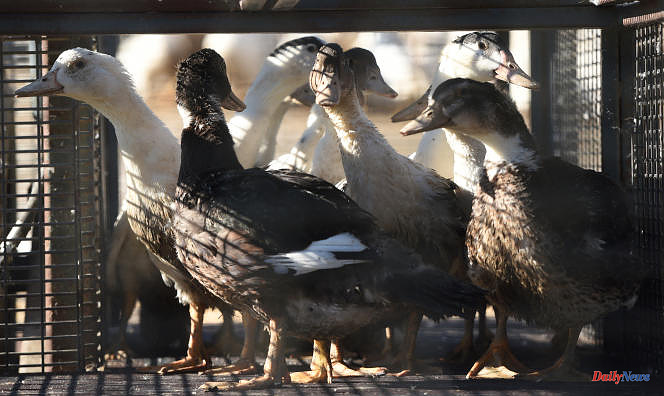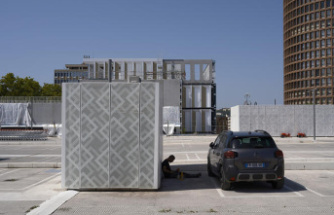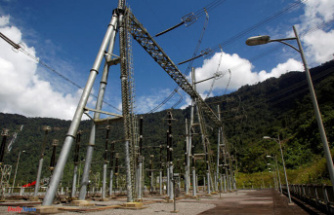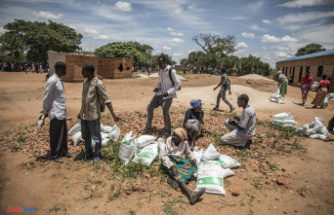Two vaccines tested in France have proven to be "very effective" in protecting ducks from avian flu, the National Agency for Food, Environmental and Occupational Health and Safety (Anses) and the Ministry of Health have reported. agriculture, Thursday, May 25, paving the way for a nationwide vaccination. After a lull of a month and a half, the virus has started to flare up again since the beginning of May in the South-West, contaminating more than seventy farms, particularly in the Gers.
Each time, infected animals (mainly waterfowl) are slaughtered, preventive slaughter of nearby healthy animals is decided, and poultry production is permanently disrupted. The repetition and scale of the crises linked to avian flu (more than twenty million poultry slaughtered in 2021-2022 in France, already more than six million in 2022-2023) have convinced European countries to imagine a vaccine strategy.
In France, an experiment was launched last year around two candidate vaccines developed by the Boehringer Ingelheim and Ceva Santé Animale laboratories. They aim to protect mulard ducks, bred for foie gras, from the virus. European neighbors are testing vaccines on other poultry species.
Direct transmission 'almost stopped', indirect 'abolished'
The French experiment involved a few thousand ducks, vaccinated or not. They were euthanized at the end of the process. The "favorable results provide sufficient guarantees to launch a vaccination campaign as early as autumn 2023," the agriculture ministry wrote on its website.
The virus circulating in France and around the world was inoculated into a fraction of the ducks, previously vaccinated, to measure how much virus they excreted, and if they could still contaminate their congeners. "Vaccination has allowed very little excretion of the virus in inoculated animals", whether by the respiratory or digestive tract, summarized Béatrice Grasland, head of the Ploufragan-Plouzané-Niort laboratory, the national reference laboratory. from ANSES for avian influenza.
The two vaccines, with "very similar" results, also "almost stopped direct transmission" - when animals are in close contact - and "abolished" indirect, airborne transmission, i.e. potentially from one barn to another. When the animals weren't vaccinated, "an inoculated animal would infect another animal every two hours," the researcher explained.
Conversely, those who were vaccinated were "almost not" contaminated by their neighbor "even in direct contact, in the same park, with the droppings" infected. "It's very effective," Ms. Grasland summed up, noting that, under these conditions, "normally the epidemic does not break out."
Pre-order 80 million doses
Asked, the French laboratory Ceva Santé Animale, whose vaccine is RNA, simply declared that it had applied for marketing authorization from the National Veterinary Medicines Agency (ANMV). He also responded to the call for tenders from the Ministry of Agriculture, which announced in April a "pre-order of 80 million doses".
According to the ministry, France plans to give priority to vaccinating ducks (of the Mulard type, but also of Beijing and Barbary - the latter being rather raised for their meat) because of their "particular role" in the dynamics of the epizootic. . Ducks are very susceptible to the virus and excrete it into the environment even before showing symptoms, which contributes to the low noise spread of avian flu.
Vaccination of "future laying pullets" is also envisaged, says the ministry, "with a view to preserving egg production capacities (…) and taking into account the weakening of the sector during past crises". Vaccination raises technical questions of availability of doses and personnel, as well as economic and diplomatic questions, as poultry professionals fear that export markets will close if animals are vaccinated.












